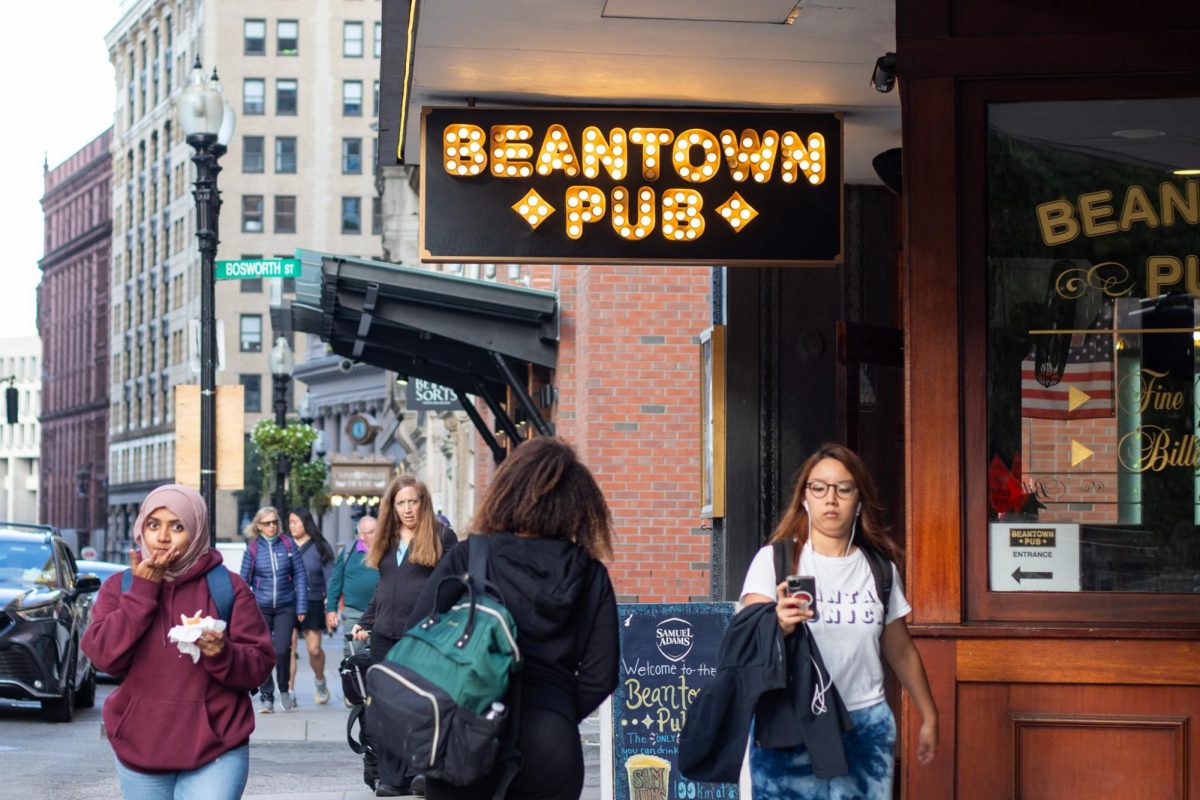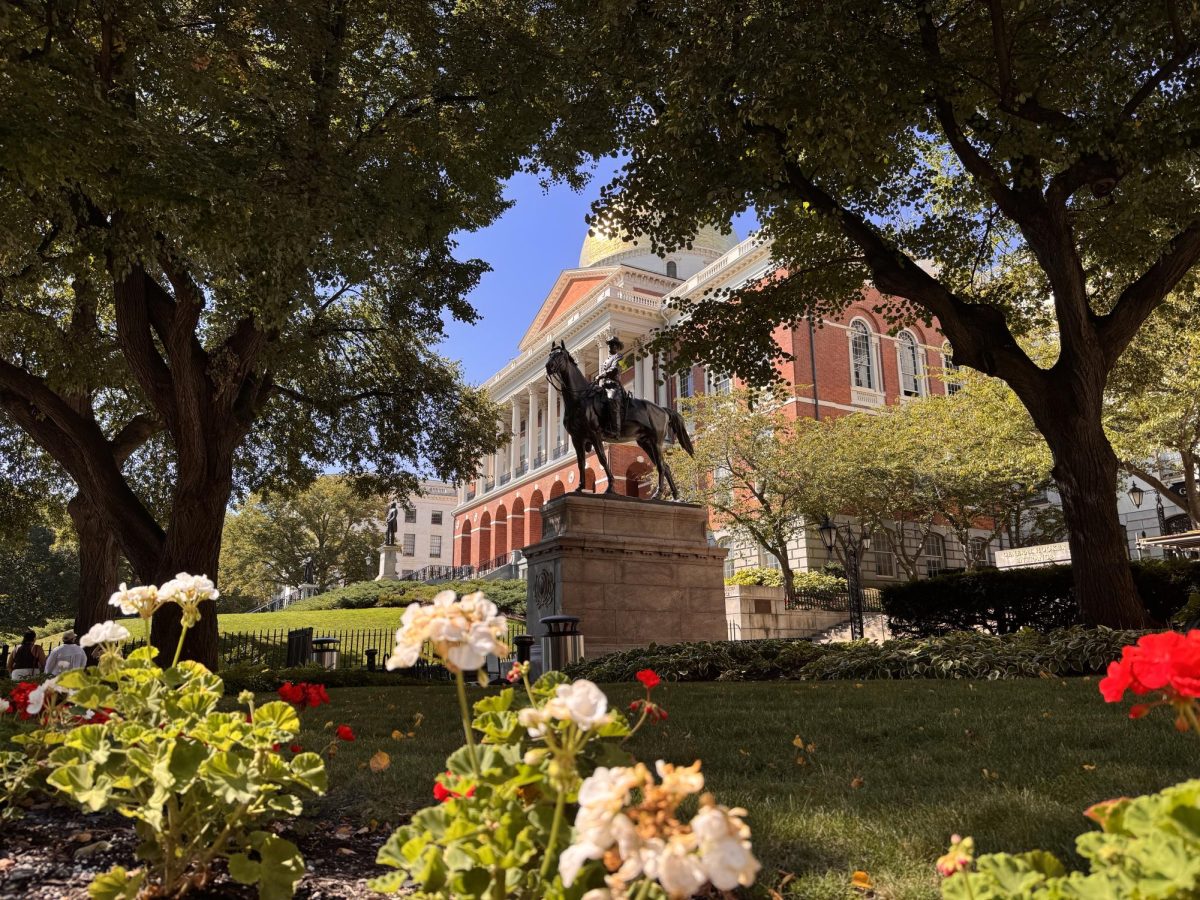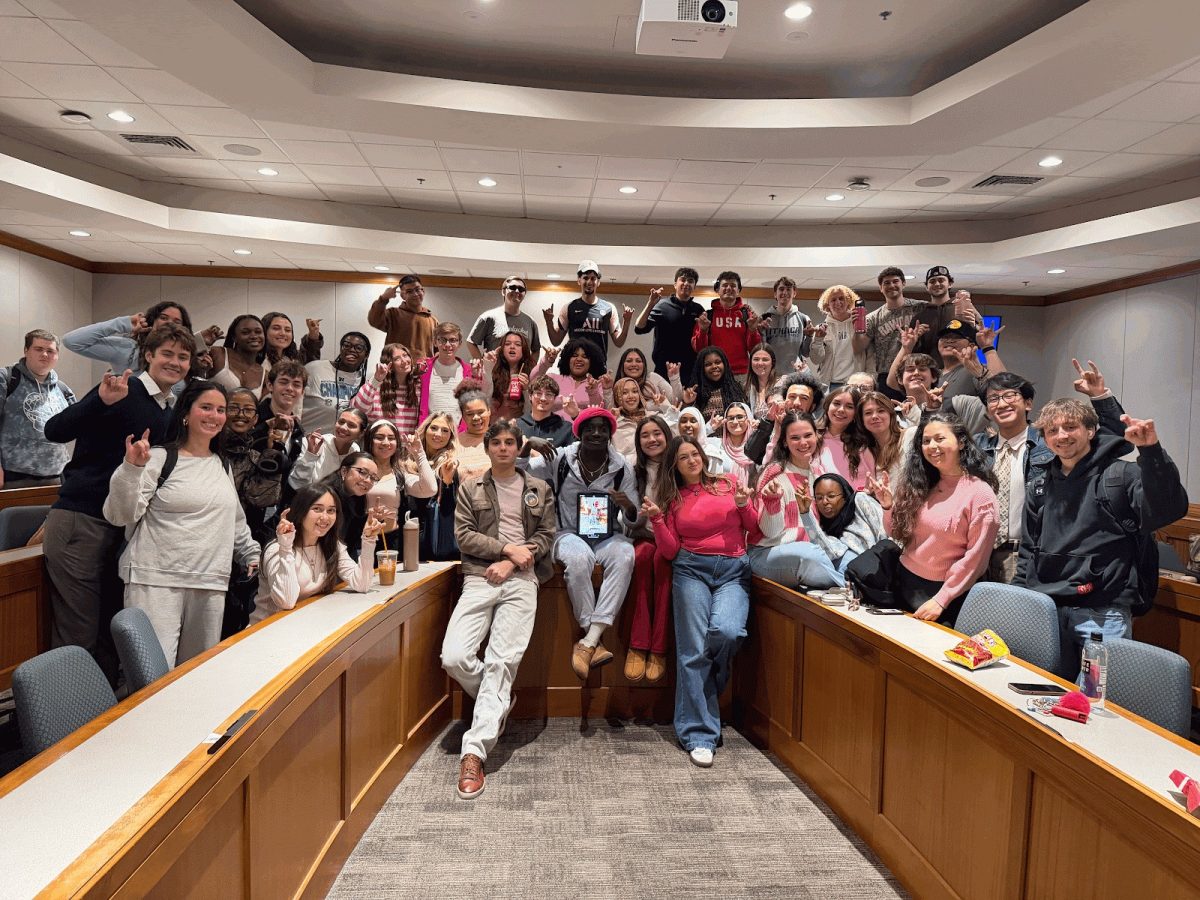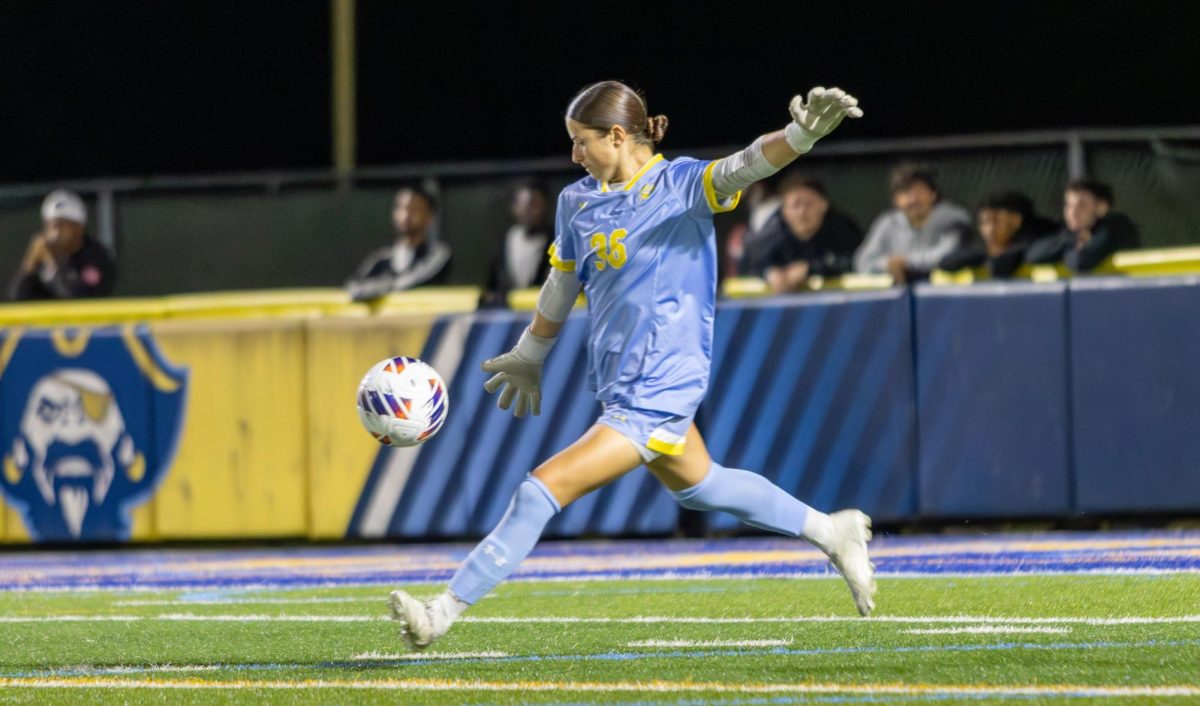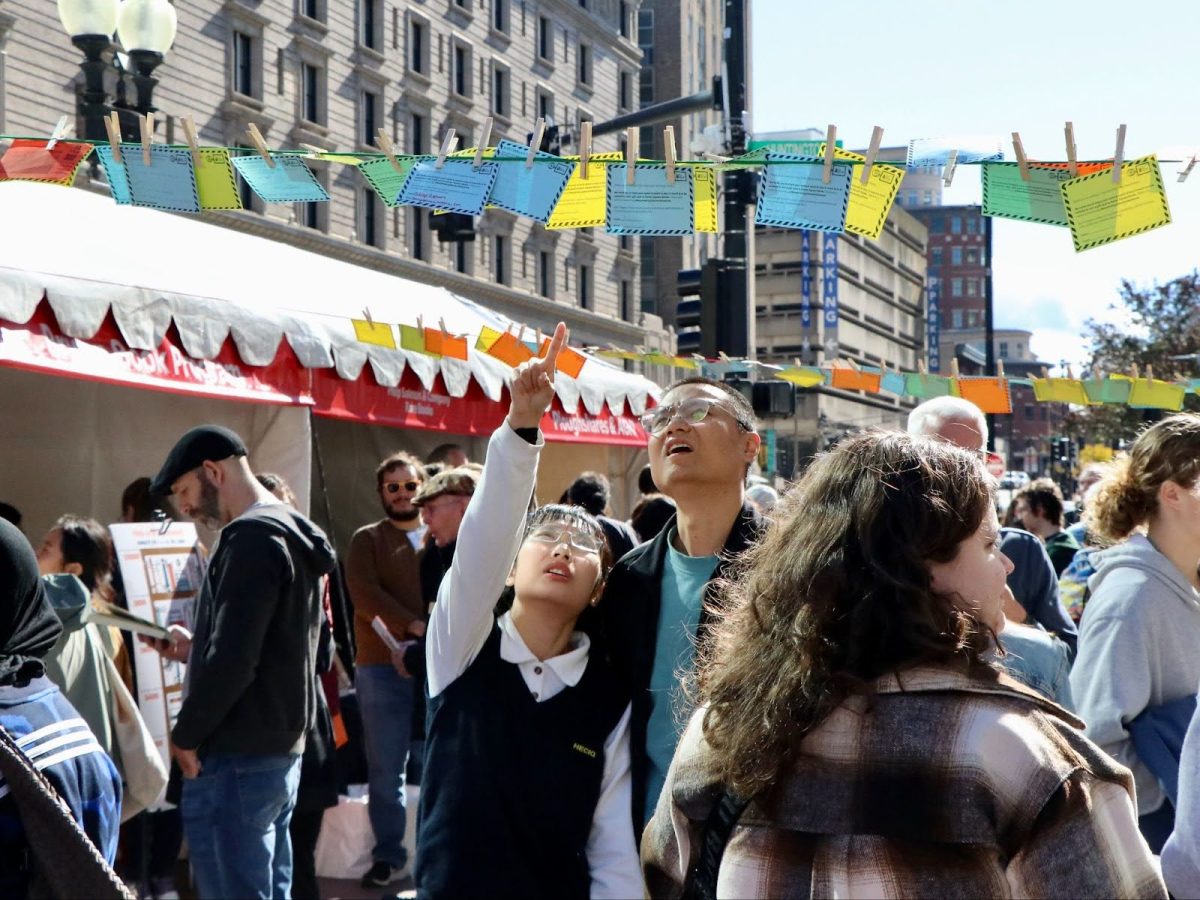Suffolk University announced the purchase of its sixth prospective residence hall, located at 101 Tremont St. above the Beantown Pub, June 26. With students and faculty back on campus, the Suffolk community is eager to see what the additional housing will do for campus culture.
After several years of the university using the Wyndham Hotel as alternative housing, the university committed to a long-term solution. President Marisa Kelly’s announcement on the purchase this summer indicated the source of the heightened housing demand.
“We have experienced record numbers of undergraduate applications each of the last three years; on average, 85% of first-year applicants indicate they intend to live in campus housing,” said Kelly.
In an interview with The Suffolk Journal, Kelly said that while Suffolk cannot guarantee that there may not be a need for hotel usage in the future, this purchase intends to stop the need for hotels as student housing in the short term.
Kelly said plans are on track to open the sixth resident hall for students in the fall of 2026. It will sit in the heart of campus, an intentional choice that Kelly said she hopes will strengthen the downtown campus feel that is signature to Suffolk.
While the purchase is still recent and plans are not solidified yet, Kelly said that this residence hall will have a more traditional dorming layout, without any apartment-style living. As discussions about the construction continue, students will not be updated about the building’s construction and usage. All information will be disclosed when plans are finalized and underway.
None of Suffolk’s current five residence halls are designated by year, which is consistent with the plan for 101 Tremont. Suffolk currently guarantees housing for the first two years, but upperclassmen are open to request housing from the university.
With rising rent in Boston, the extra option means a lot for students like Patrick Walsh, a junior political science student, who currently lives on campus.
“Obviously I won’t be here in 2026 when it opens, but if somebody like me who’s currently a freshman and will be a junior at that time and is struggling for housing it can help them,” said Walsh.
With more upperclassmen afforded the opportunity to live on campus, Walsh thinks that it will improve the community on campus for juniors and seniors.
“I know people who after their sophomore year kind of opted-out of campus, they don’t go to events, they don’t join clubs, they don’t start clubs. If you’re on campus it’s obviously easier to do that,” said Walsh.
Some students were surprised by the university’s openness to a residence hall above a popular bar, which will continue to operate on the first floor. For junior journalism major and Beantown Pub employee Maeve Fitzgerald, the decision posed some concerns about underage drinking on property.
“As a bartender, if I were to serve someone underage I could lose my job and that’s how I’m paying rent. I think that a bunch of kids living upstairs, they might get the idea that it’s a college pub when in actuality we’re strict on IDs,” said Fitzgerald.
Despite concerns, the Beantown team is excited to invite Suffolk students to enjoy a meal at the landmark restaurant on campus.
“We’re thrilled to partner with Suffolk University and welcome students to the Beantown Pub and Ziggy’s Coffee Bar. With dorms right above us, we’re excited to provide a cozy spot for breakfast, lunch, and dinner,” said Sharon Walsh, operations manager at Beantown Pub.
Underclassmen who may have access to the dorms in 2026 said the new building provides some relief from the stresses of apartment hunting. For Emily Wessner, a sophomore politics, philosophy and economics major, the new dorm option is a step in the right direction for students.
“For people who aren’t used to living in a city it might be better to,as a junior, have the opportunity to live right here, especially because the area is so convenient,” said Wessnerman.


